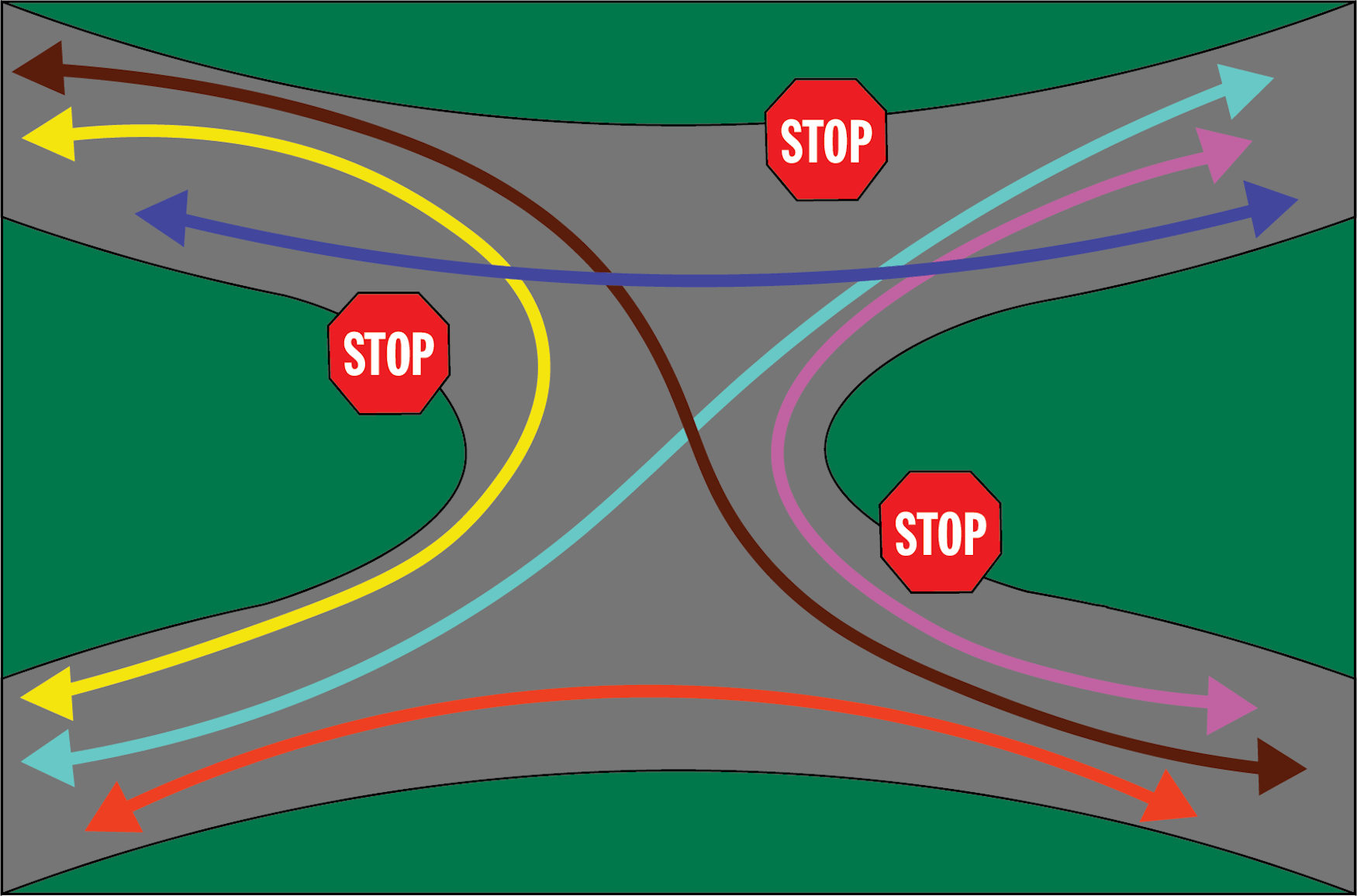We need to talk about campus parking
As we enter the spring, the number of public events held on campus — from Admitted Students Day to Commencement — are about to pick up, and as such this board wishes to address a problem that is ever-present but soon to be exacerbated: driving and parking on campus.
Admittedly, our campus can be a bit confusing for drivers visiting it for the first time: streets that suddenly become one-ways, sparse signage, and an abundance of buildings named “Shapiro” certainly don’t help. Recently though, members of the board have witnessed driving behaviors worse than previous years: Speeding on campus feels to be at an all-time high, as does inattention. We call on drivers to slow down, look around for pedestrians crossing the street, and be more patient with fellow vehicles.
Parking, of course, has long been a part of the problem. With too few and far-flung lots designated for student use — and some parking passes costing an obscene $250 per academic year — students and visitors alike resort to leaving their vehicles wherever a space can be found.
All this, while massive lots reserved for staff and faculty never seem to reach capacity. And while University police seem to have no issue allowing drivers to drive recklessly, parking enforcement is over-enthusiastic at best, with fines quickly adding up to excessive amounts.
Instead of spending time and resources enforcing parking rules, the board calls on the University to re-examine campus security measures. In light of recent tragedies at Michigan State University and elsewhere, how easily a swarm of press accessed students on campus following November’s bus tragedy, and the number of random vehicles traversing interior campus as of late, the board questions whether our wide-open philosophy is appropriate.
While there are numerous walking entrances to campus, the vast majority of vehicles enter from South St. While we do not advocate for increasing police presence on campus, the board wonders if perhaps a gate or other checkpoint system would increase student safety after business hours. It is worth bearing in mind that our student body with its many identities — Jewish, BIPOC, LGBTQIA+, and more — are frequently targets of hate.
At the same time, we recognize that many marginalized groups are often subjected to increased scrutiny and over-enforcement regarding security measures of this nature, and we feel that any security measures implemented to increase students’ safety should be designed with this in mind and with limited police involvement.
We realize that finding appropriate security measures is always a balance, but this board finds current measures to be bandaids for larger infrastructure issues. We call on the administration to re-evaluate priorities regarding parking enforcement and general campus security, carefully considering student input throughout.



Please note All comments are eligible for publication in The Justice.